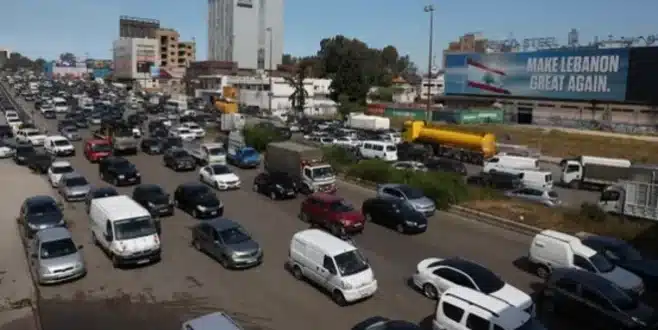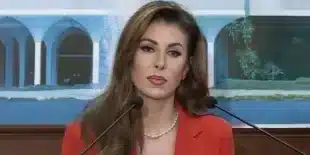On April 24, 2025, Iranian Ambassador to Lebanon Mojtaba Amani was summoned by Lebanon’s Foreign Ministry following his recent statements opposing the disarmament of Hezbollah. During the meeting with Secretary-General Hani Chemaitelly, Amani was reminded of the importance of adhering to international diplomatic norms, particularly those outlined in the Vienna Convention, which emphasize the sovereignty of nations and non-interference in their internal affairs.
Amani’s comments, made on the social media platform X, described efforts to disarm Hezbollah as a “clear conspiracy against nations.” He argued that while the United States continues to supply Israel with advanced weaponry, it simultaneously pressures other countries to weaken their own military capabilities. He cited the examples of Iraq, Libya, and Syria, suggesting that disarmament left these nations vulnerable to foreign intervention and occupation.
These remarks have intensified the ongoing debate within Lebanon regarding the status of Hezbollah’s arsenal. The group, backed by Iran, has faced increasing pressure to relinquish its weapons following a 2024 conflict with Israel that resulted in significant destruction in southern Lebanon. President Joseph Aoun has indicated a willingness to engage in discussions about integrating all weapons under state control, a topic that has long been considered sensitive due to Hezbollah’s influence in Lebanese politics.
Regional Implications and International Responses
The controversy surrounding Amani’s statements reflects broader regional tensions. Hezbollah’s Deputy Secretary-General Naim Qassem recently reaffirmed the group’s stance against disarmament, emphasizing its role in defending Lebanon against Israeli aggression. Meanwhile, the United States has increased diplomatic efforts to encourage Lebanon to assert control over all armed groups within its territory.
Amani’s defense of Hezbollah and criticism of disarmament initiatives have drawn rare public rebukes from Lebanese officials, highlighting the delicate balance Beirut seeks to maintain in its foreign relations. The situation underscores the complexities of Lebanese politics, where internal dynamics are deeply intertwined with regional power struggles and international diplomatic pressures.


